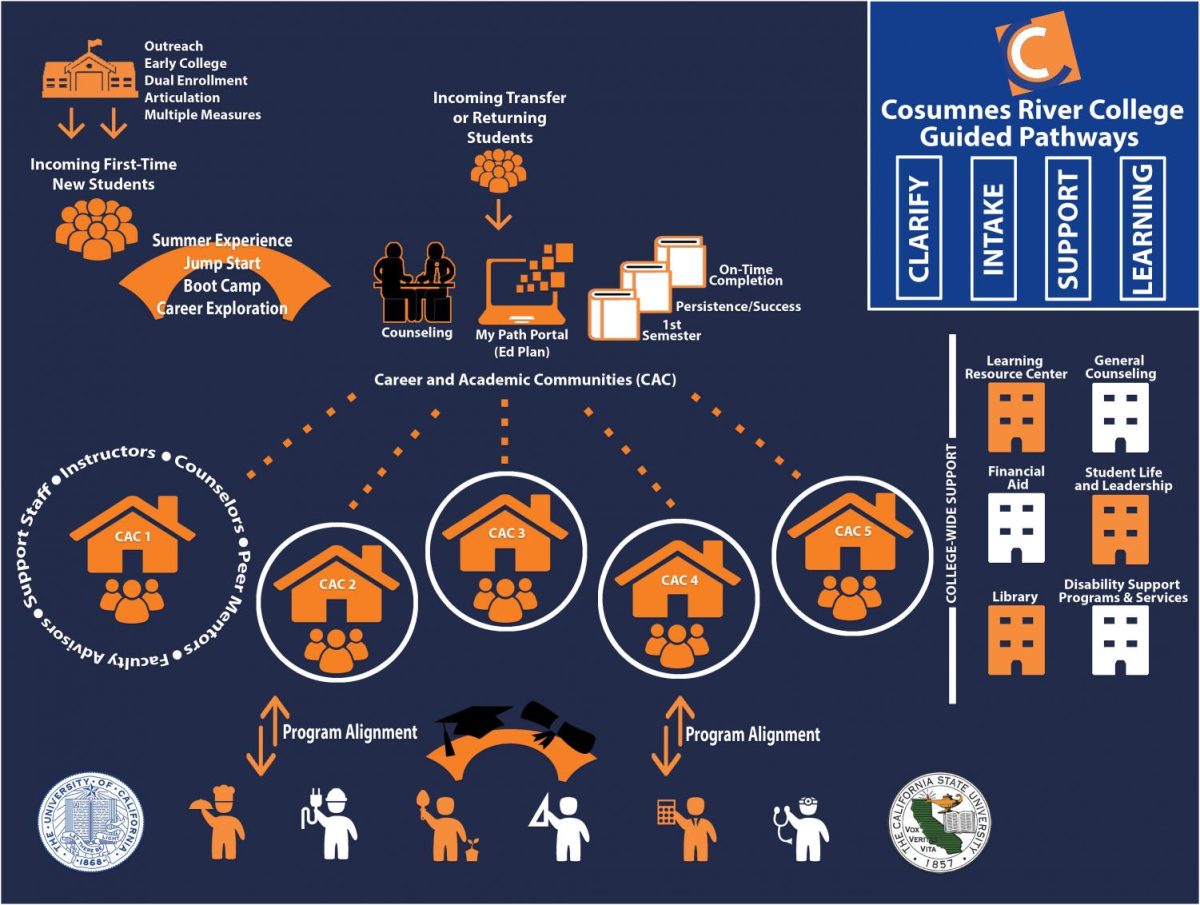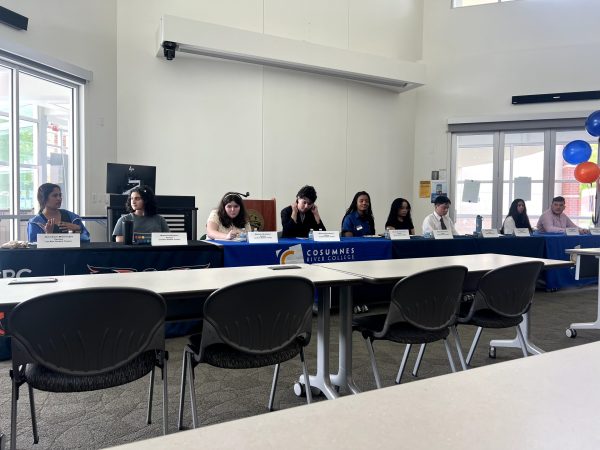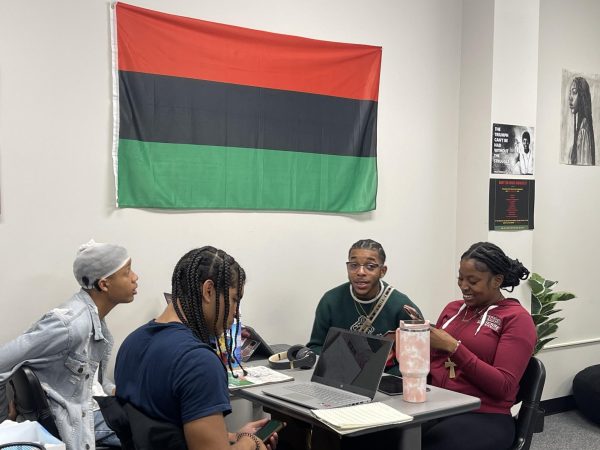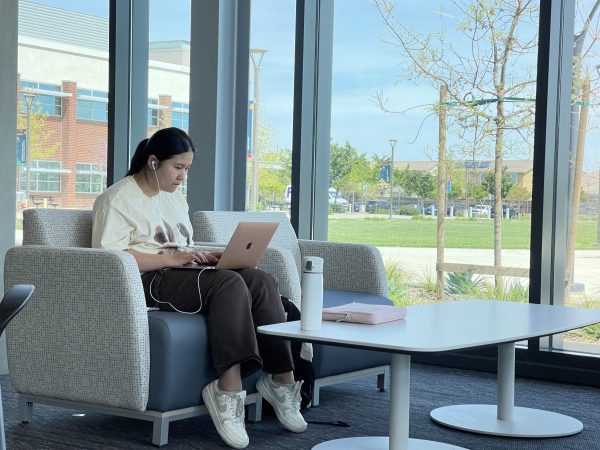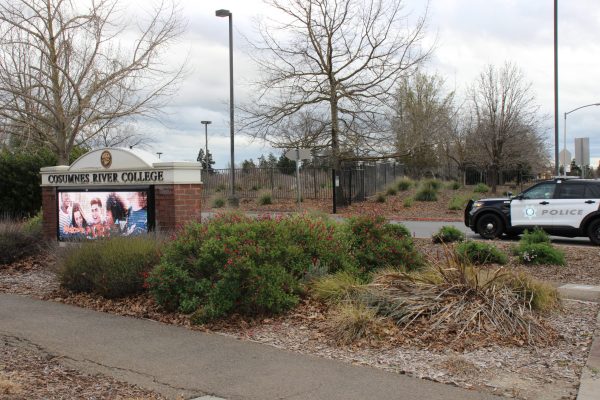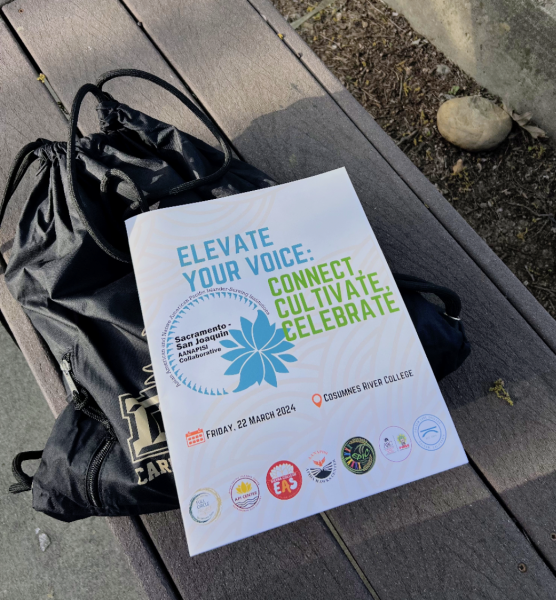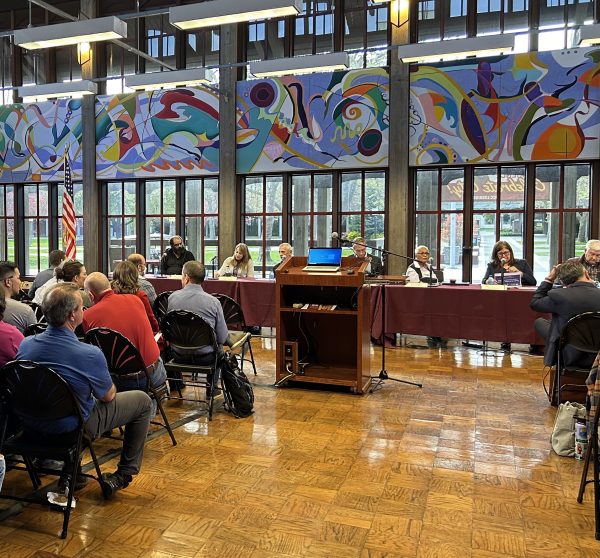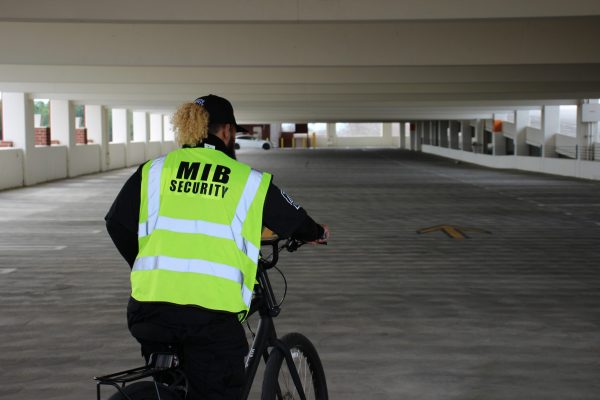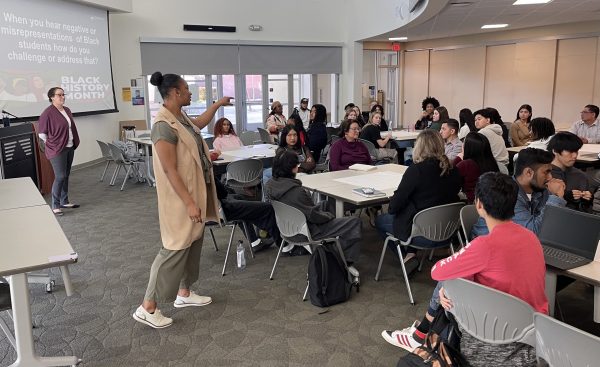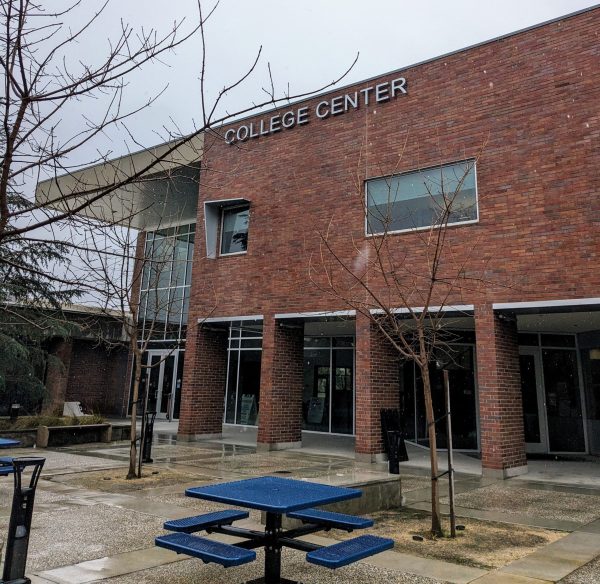Pathways offers students a quicker path for transferring
College officials are working on plans to help students transfer through Cosumnes River College’s Guided Pathways Program.
Pathways is a program that is designed to get students to complete the necessary classes needed for their specific major and enable them to transfer out of community college or complete their degree at CRC at a faster pace.
“Guided Pathways is the focus of redesigning our college for the student experience,” said Dean of Guided Pathways Alex Casareno. “We want to make sure that we have structures in place that allow for students to be successful in their journey here.”
One of the problems that students currently have when picking out their classes is that everything is offered in a cafeteria style. This method is not effective at making students successful, according to CRC’s webpage on Pathways.
Pathways offers various methods to get students to take courses that are needed for the universities that they plan on transferring to, Casareno said.
With Pathways, the options of classes available to students are narrowed so that the task for picking out classes is less daunting, said Nutrition Professor Dana Wassmer, who is one of the tri-chairs of Pathways.
One of the other new changes that Pathways plans to offer to the college is the introduction of multiple measures, which include a specialist, two counselors and peer mentors to help students with enrolling in required English and math classes. This was created with the goal of replacing placement tests, Casareno said.
Casareno said Pathways plans to include the implementation of “houses” where majors are grouped under umbrellas depending on the classes shared by the majors.
Wassmer said they’re trying to be as transparent as possible to avoid any surprises for people who didn’t know anything about Pathways.
Wassmer also said she represents CRC when she goes to institutes to share information she has collected from Pathways and connects with students, faculty and the administration.
“There’s a lot of work still ahead,” said Wassmer. “I can see the vision but I can validate there’s going to be a lot of steps getting to that vision.”
While some supervisors are finalizing the plans for Pathways, others within the program are continuing to look for any suggestions from students to improve the process.
Wassmer’s current focus within the program is to reach out to the students and look for any and all feedback in regards to Pathways.
Elk Grove Center Supervisor Tiffany Clark recently became a Guided Pathways tri chair. This helps her gain more feedback from students in regards to Pathways, giving her the opportunity to help shape the program in other forms.
“What we want to try to provide is a comprehensive array of support services within those different houses,” said Clark. “It’s just this one building and a lot of different types of courses but because it’s a small environment, it’s a one-stop shop.”
Clark said she hopes that with Pathways, they can streamline and focus on the student experience and give students information they need instead of just overloading them with everything at once.
There have been some criticisms coming from CRC faculty in regards to certain aspects of Pathways.
CRC Counselor Teresa Aldredge has said that she doesn’t support picking general education classes for students and that is something that students themselves should pick.
“In the program maps, they want the faculty in those departments to think about what’s the best G.E. course that could be a part of your program,” said Aldredge.
“I think that that discussion does need to happen at the department level and within that major but as a counselor I’m not making that decision,” she said. “As a counselor, I’m giving the student as many options as possible.”
However, Aldredge said that with Pathways, she is allowed to have a deeper and more genuine relationship with the students.
“What Guided Pathways is doing for counseling is really allowing counselors to counsel,” said Aldredge.
Radio Television and Film Production Professor Lauren Wagner said she’s worried about unintended consequences that could be a result of Pathways.
“I don’t know that it’s helpful to students if you’re on a path and you realize all of a sudden ‘I don’t want to be here anymore but I better just finish it and get this degree that I don’t actually want to use later on’,” Wagner said.
Wagner added that it should be possible for students to know that even though Pathways is coming, they will be able to change their mind about the classes they’re taking.
Pathways is hosting luncheons at the CRC Main Campus in order to get students to come and bring their experiences, suggestions and concerns on Nov. 16 at 12 p.m. in the Orchard Room and Dec. 7 at 12 p.m. in Winn 150.

